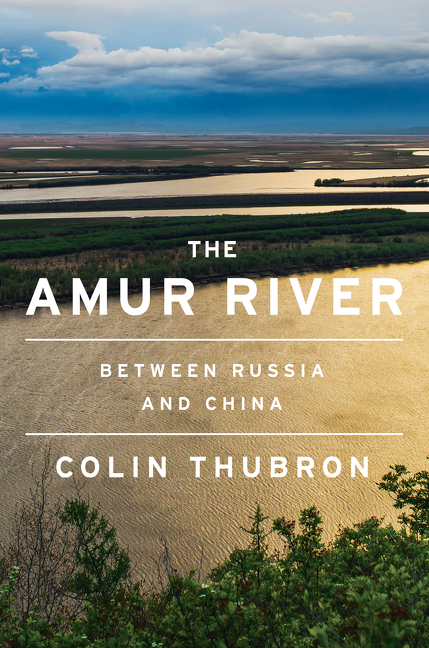Thubron may now be an octogenarian, but his new book, The Amur River: Between Russia and China, shows him still at the peak of his powers ... The book that he has produced at the end of this ordeal is no less remarkable than the journey itself: a miraculous late-style masterpiece, the equal of any of his earlier works, which will cement his reputation as one of our greatest prose writers in any genre. There is barely a page that does not contain gorgeous descriptive passages, superb dialogue and pitch-perfect commentary founded on deep learning, lightly worn. But The Amur River is not just beautifully written: it is also a work of great importance ... The Amur River is not just a literary triumph in itself, it is also a demonstration of the continued power of great travel writing. In an age when attention spans are growing ever shorter, when articles are becoming more etiolated, the travel book remains one of the few venues to write with some nuance and complexity about a place or an alien culture ... As The Amur River so beautifully demonstrates, good travel writing allows you to use encounters with individuals to suggest complex contradictions within societies and imagine the otherwise unimaginable ... There is still no substitute for travel writing of this quality. One can only hope that this epic journey is not Thubron’s last.
Read Full Review >>

